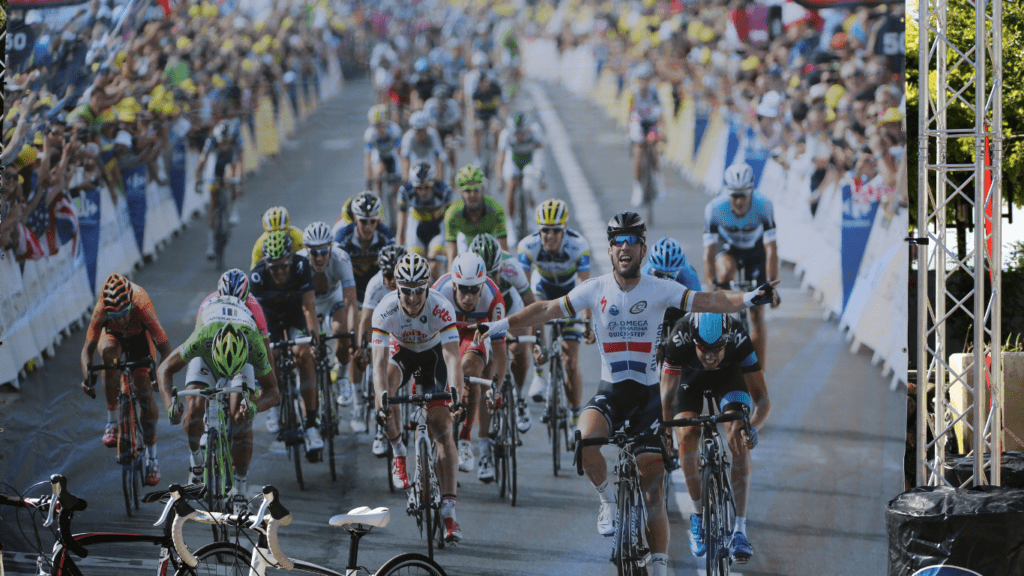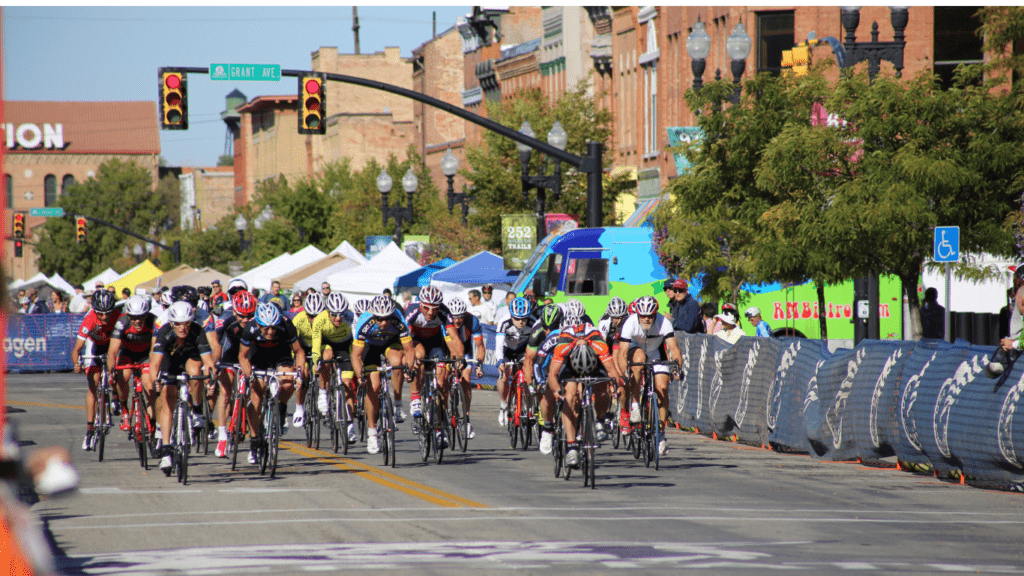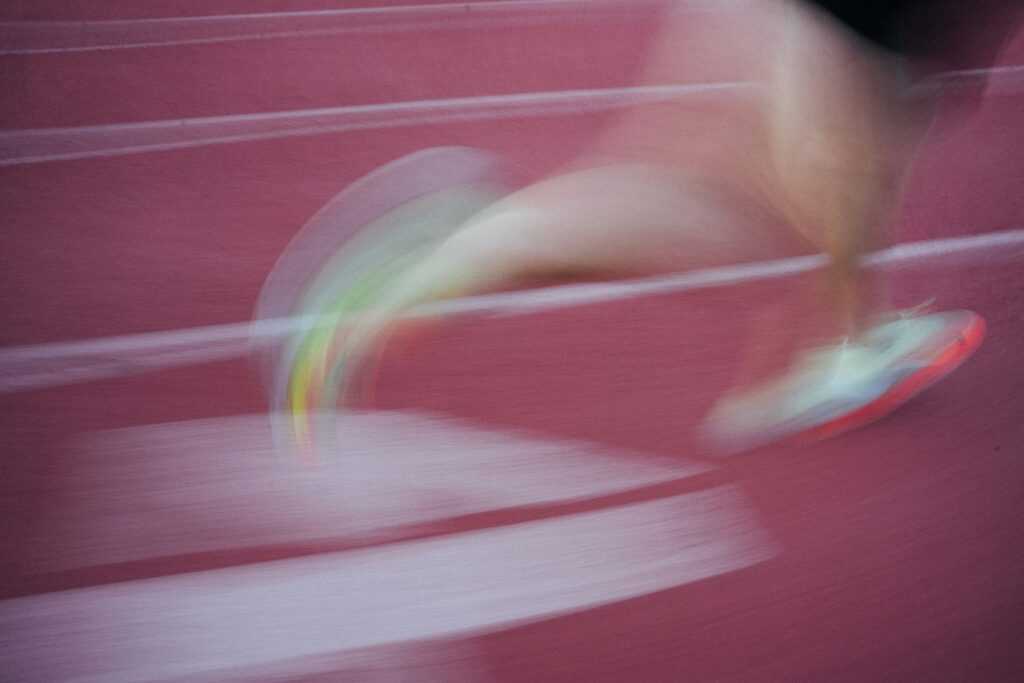Overview of the Doping Scandal
The doping scandal has gripped the cycling community, as multiple top athletes face accusations of using banned substances. This revelation has cast a shadow over the esteemed competition.
Key Figures Involved
Several prominent cyclists are at the center of the scandal, including reigning champion Alex Duarte and two-time runner-up Emilio Rojas.
Both have defended their actions but face substantial evidence. Team managers, like Luis Fernandez, are also implicated for allegedly facilitating access to banned substances.
Medical staff members, particularly Dr. Maria Santos, allegedly provided illicit performance enhancers to the athletes.
Timeline of Events
March 15, 2023, saw the initial reports of irregularities in drug tests. By March 20, 2023, the governing body launched a formal investigation.
April 5, 2023, revealed the suspension of affected athletes pending further inquiry. On April 12, 2023, leaked documents from the investigation showed detailed records of banned substance procurement.
By April 18, competitors were officially named, and legal proceedings began. The event organizers announced stricter anti-doping measures on April 25, 2023, highlighting a commitment to restoring the sport’s credibility.
| Date | Event Description |
|---|---|
| March 15, 2023 | Initial reporting of irregular drug test results |
| March 20, 2023 | Formal investigation launched by the governing body |
| April 5, 2023 | Athletes suspended pending inquiry |
| April 12, 2023 | Leaked documents show procurement records |
| April 18, 2023 | Competitors officially named and legal proceedings begin |
| April 25, 2023 | Organizers announced stricter anti-doping measures |
The doping scandal has cast a cloud over competitive cycling, prompting a thorough examination of ethical practices in the sport.
Impact on the Prestigious Cycling Event

The doping scandal’s ramifications have been extensive and unprecedented, affecting not only the athletes but the entire structure of the event.
Reactions from the Cycling Community
Cyclists, sponsors, and fans have expressed strong opinions. Prominent cyclists like Alex Duarte and Emilio Rojas have been the focus of intense scrutiny.
Many sponsors have reconsidered their involvement, questioning the sport’s credibility. Fans have voiced their disappointment on social media platforms like:
demanding transparency and stricter enforcement of anti-doping regulations.
Changes to Event Regulations
Regulatory bodies have swiftly implemented new measures. Stricter anti-doping tests are now mandatory for all participants.
Advanced testing protocols, including biological passport programs, are in use to detect any anomalies.
Penalties for violations have been increased to deter future occurrences.
Organizers have also revised qualification criteria, ensuring that only athletes with clean records can participate.
Historical Context of Doping in Cycling
Doping has been a persistent issue in professional cycling, tainting countless achievements.
This pattern of illicit substance use dates back decades and has evolved alongside technological advancements.
Previous Major Doping Incidents
Cycling has witnessed several high-profile doping scandals. In 1998, the Festina team was expelled from the Tour de France after a massive doping ring was uncovered.
This incident, dubbed the “Festina Affair”, rocked the sport and led to increased scrutiny. In 2006, Floyd Landis was stripped of his Tour de France title after testing positive for synthetic testosterone.
The scandal surrounding Lance Armstrong in 2012, where he was found to have used performance-enhancing drugs throughout his career, resulted in him being stripped of his seven Tour de France titles and a lifetime ban from the sport.
Evolution of Anti-Doping Measures
Efforts to combat doping in cycling have significantly intensified.
The World Anti-Doping Agency (WADA) was established in 1999, bringing a unified and standardized approach to anti-doping regulations.
Technological advancements in testing methods have made it harder for athletes to evade detection.
The introduction of the Biological Passport in 2008 marked a significant stride, as it monitors an athlete’s blood values over time to detect abnormalities suggestive of doping.
Regulatory bodies now impose stricter sanctions, including longer bans and substantial fines, to deter athletes from resorting to banned substances.
Ethical Considerations
Doping scandals in cycling raise critical ethical concerns. These controversies affect the credibility of the sport and the trust stakeholders, including fans and sponsors, place in it.
The Role of Sponsorship and Money
Sponsorship deals in cycling involve substantial financial stakes. Sponsors expect results, leading to pressure on athletes to perform at the highest levels consistently.
When performance dips, the risk of athletes turning to banned substances increases. The promise of lucrative endorsements and sponsorships can tempt individuals to compromise their values.
This financial aspect creates an environment where ethical lines may blur, resulting in scandal and controversy.
The Pressure on Athletes
Athletes in competitive cycling face immense pressure. The desire to achieve peak performance, coupled with extended training regimens, often pushes them to their limits.
The constant demand for results, media scrutiny, and the fear of losing their place in the team contribute to this pressure. In such a high-stakes environment, some may resort to doping as a means to retain their competitive edge.
The ethical implications are significant, as these actions not only affect their careers but also influence the integrity of the sport as a whole.


 is a key contributor to Luck Lounge Land, bringing her expertise in psychology and behavioral analysis to the platform. Her work focuses on the psychological aspects of gambling, helping users understand player motivations and decision-making processes. Morgana’s well-researched articles make her a respected voice in the community.
She also contributes to the site's 'Game Theory Academy,' developing modules on strategic thinking. Outside of her professional work, Morgana enjoys studying the latest trends in casino games and behavioral research. Her passion for the field and engaging writing make her a valuable asset to the Luck Lounge Land team.
is a key contributor to Luck Lounge Land, bringing her expertise in psychology and behavioral analysis to the platform. Her work focuses on the psychological aspects of gambling, helping users understand player motivations and decision-making processes. Morgana’s well-researched articles make her a respected voice in the community.
She also contributes to the site's 'Game Theory Academy,' developing modules on strategic thinking. Outside of her professional work, Morgana enjoys studying the latest trends in casino games and behavioral research. Her passion for the field and engaging writing make her a valuable asset to the Luck Lounge Land team.
